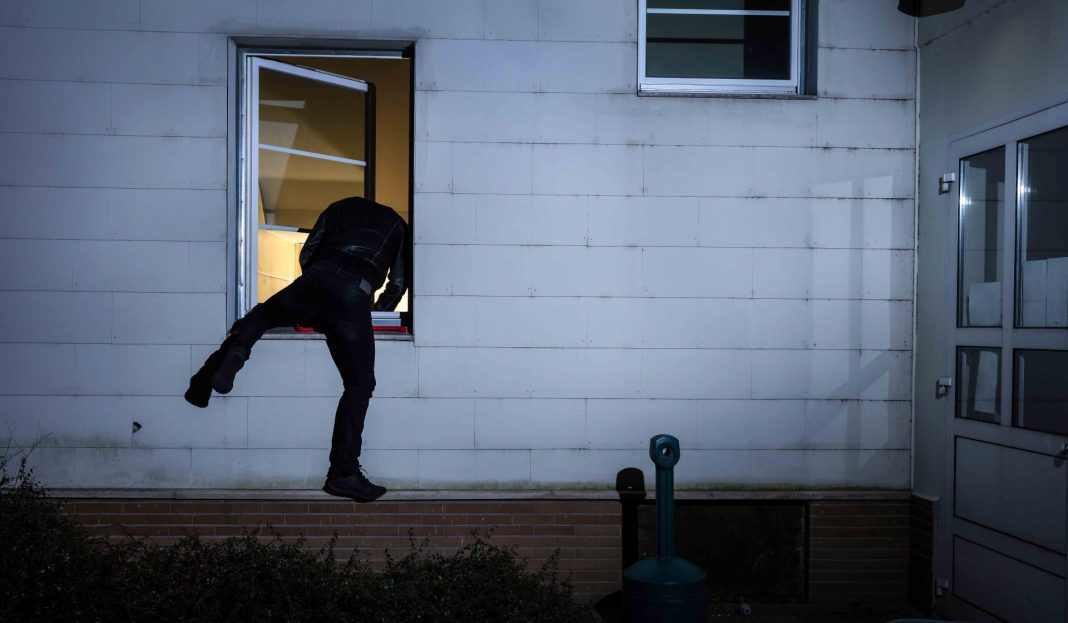 Title: Protecting Children Online: Australia’s Proposal to Restrict Social Media Access
Title: Protecting Children Online: Australia’s Proposal to Restrict Social Media Access
Introduction:
In an effort to address mounting concerns over the adverse effects of social media on children, the South Australian government is considering a groundbreaking law that would block children under 14 from opening social media accounts. The proposal also aims to require parental consent for children aged 14 and 15 to access such platforms. To examine the feasibility and legal pathways for this ban, the state’s Premier, Peter Malinauskas, has enlisted the expertise of former High Court chief justice Robert French AC. This article delves into the potential impacts of this Australian-first law and highlights the need for greater protection for children in the digital era.
The Growing Concern: Adverse Effects of Social Media on Children:
The decision to explore the implementation of such a ban stems from the increasing evidence of the detrimental impact of social media on children’s mental health and development. Concerns have been raised by experts worldwide regarding the potential harm caused by unrestricted social media usage among adolescents. A survey conducted by Australian mental health organization ReachOut revealed that 59% of parents and caregivers expressed concern about their teenager’s social media use. These concerns reflect a growing recognition of the need to safeguard children from the potential risks associated with online platforms.
Addressing the Risks: Mandatory Age Verification and Regulation:
Sonya Ryan, Founder & CEO of The Carly Ryan Foundation, understands firsthand the dangers that lurk online. Her daughter Carly was tragically murdered by an online predator who posed as a teenage boy. According to Ryan, children lack the life experience and cognitive abilities to navigate harmful situations online, putting themselves at real physical risk. In her opinion, the only way forward is through appropriate legislation that protects children and regulates big tech companies by implementing mandatory age verification across all platforms.
International Precedents: Spain, Florida, and Texas Lead the Way:
Australia’s proposed ban on underage social media accounts aligns with similar legislated restrictions already in place in Spain and the U.S. states of Florida and Texas. By following the path set by these regions, Australia demonstrates its commitment to prioritizing the safety and well-being of its youngest citizens. These precedents indicate a global recognition of the need for age-appropriate digital environments and encourage other countries to take proactive measures to protect children online.
The Role of Parents: Empowering Consent and Supervision:
Recognizing the importance of parental involvement, the proposed law would require consent from parents or guardians for children aged 14 and 15 to access social media platforms. This provision empowers parents to make informed decisions regarding their children’s online activities. By actively engaging in their children’s digital lives, parents can provide guidance, set boundaries, and ensure a safer online experience.
Conclusion:
Australia’s initiative to block children under 14 from opening social media accounts, along with requiring parental consent for older minors, marks an important step towards safeguarding children from the potential harms of social media. As concerns over the adverse effects of online platforms on children’s mental health and development continue to mount, it is crucial for governments and tech companies worldwide to prioritize the protection of young users. By implementing age verification measures and establishing robust regulations, countries can create a safer digital environment for their most vulnerable citizens.


